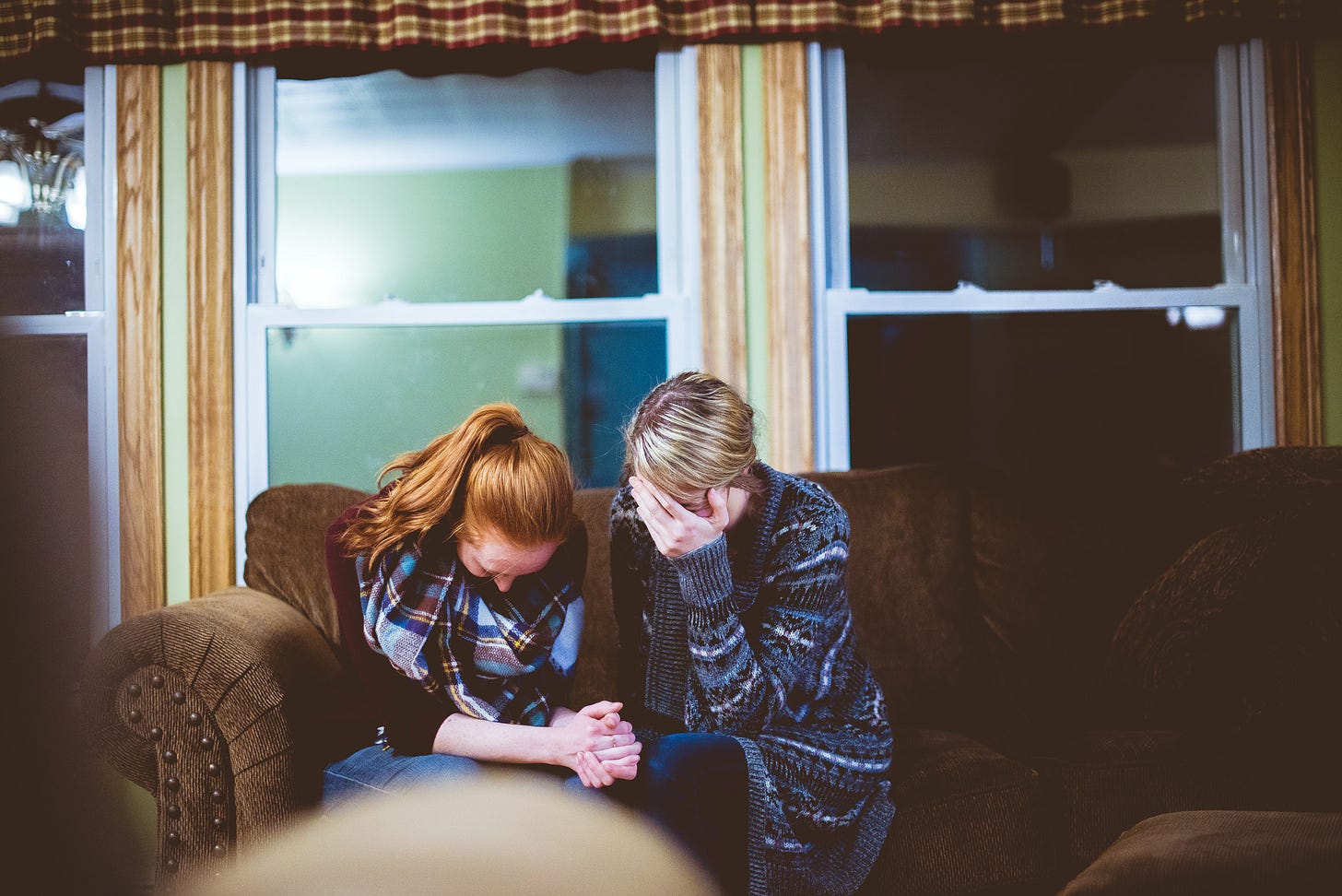How Does ‘Gray Divorce’ Affect Adult Children?
In her seminal book Home Will Never be the Same Again, marriage, family, and child therapist Carol Hughes talks about the emotional impact of divorce on a group that is often left out of the discussion: adult children. They are often excluded from the traditional narrative since they are not legally relevant to discussions about child support and custody for minor children in divorce. In other words, the courts don’t consider adult children as part of the divorce process, and so neither do most divorce attorneys. However, the effect of divorce on the lives of children over the age of eighteen cannot be overstated.
I had a great conversation with Dr. Hughes about the rise of “gray divorce” among older people, the feelings it can generate in their adult children, and the best ways to support the family in a divorce with older children.
You quote a poem by Robert Frost: “Home is the place where, when you have to go there, they have to take you in.” How did that inspire the title of your book?
During my years working with adult children of gray divorce in my therapy and collaborative divorce practices, many of them would say, "Home will never be the same again." The first adult child I introduced in the book kept saying it repeatedly.
Gray divorce is on the rise. Why is that?
As people age, their values and expectations about marriage can change, too. In 2001, 45% of Americans considered divorce morally acceptable; in 2014, 69% did so. Many people in later life rank happiness higher than honoring the traditional expectation of “till death do us part.”
How are gray divorces different from those of younger people?
In many ways, gray divorces are more complicated than divorces of younger people. Typically, couples in the gray divorce population have been married more years — some for three or four decades — than younger people who divorce. The familial relationships are many and long-standing. The losses can feel more profound due to the length of time the family has been intact. Some gray divorce couples have been married and divorced before, with multiple step-relationships like stepchildren, step-grandparents, and step-in-laws, who may want to remain in relationships with family members.
How does divorce have the potential to interfere with our identities as adults?
Research finds that parental divorce can destabilize adult children, who begin to question their identity when asking themselves questions like: What will our parent-child relationship be like going forward? How will the family roles, traditions, and rituals remain the same or change? What is the meaning of family? Was our family life a façade like on a movie set? Are our happy family memories still real and valid when they seem tainted and even shattered? Like my parents, will I be unable to sustain a long-term relationship?
Why is the expectation that adult children of divorce should “roll with it” harmful?
Adult children have lived in an intact family for decades. They can experience a depth of emotional dislocation. When adult children are expected to be "too old to hurt," it can lead to what they report — feeling a wide range of emotions — shock, sadness, fear, anger, worry, loss, grief, loneliness, isolation, anxiety, shame, instability, guilt, disorientation, uncertainty, sorrow, hopelessness, and restlessness. They say that whenever they express their emotional concerns and experiences, the most important people in their lives frequently ignore and dismiss them, and they feel invisible.
What role does grief play for adult children of divorce? How is it similar to losing someone close to us?
When divorce occurs, often the last topic to be considered is grieving. Yet, every aspect of divorce involves loss and grieving, and for many, it is often inconsolable loss and grieving. Our culture gives little acknowledgment to this. Grieving is the invisible travel companion on the journey called divorce — for the one who is leaving the marriage, the one being left, the children of the marriage, their extended family members, and their friend and community networks, and support systems.
Divorce is similar to losing someone close to us because so many losses accompany divorce, and grieving follows. One of my favorite quotes about grief is Pulitzer Prize-winning novelist Toni Morrison’s depiction of grief. “It was a fine cry — loud and long — but it had no bottom, and it had no top, just circles and circles of sorrow.” When adult children of gray divorce share their grief with me, I will often hand them this quote. They tell me it eloquently captures what they are feeling. Just as when we lose someone in death, the "circles and circles of sorrow" can swirl in and around us for a long time. Grieving takes time, often a lot of time.
How can divorcing parents best support their adult children?
First, parents must understand that their divorce is affecting their adult children. Then, they need to listen to what their adult children say they are feeling. Research indicates that being heard helps humans heal. Divorcing parents need to know that their adult children, no matter their ages, are experiencing a lot of losses and are grieving these losses.
If divorcing parents are looking forward to the possibility of a happier life, it is important that they understand that their adult children may not be as happy for them as they may be for themselves. These divorcing parents are moving toward a new life. Their adult children are experiencing losses.
I want to thank Dr. Hughes for her time and insight into how divorce may impact older children. As parents who are divorcing, as members of interdisciplinary Collaborative teams, and even as more traditional divorce professionals, it is important to keep the forgotten adult children in our minds if we are to contribute to the long-term health and functioning of divorcing families.


Great piece. I’m sharing it with my two adult children. I’m sure they’ll appreciate it.